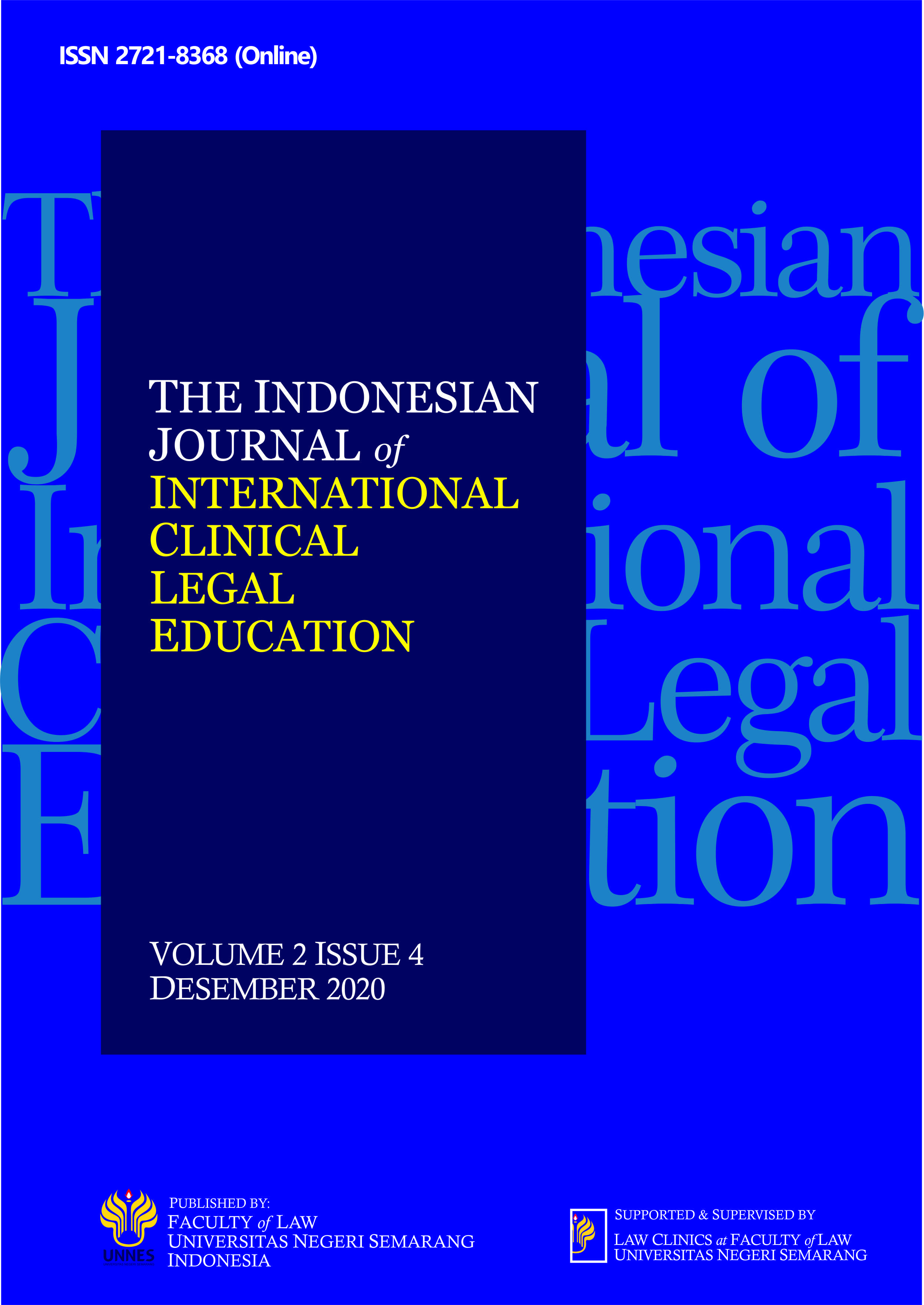Multi-Party in Presidential System in Indonesia: What Does Democracy Mean?
Main Article Content
Abstract
Article 1 paragraph (1) of the 1945 Constitution of the Republic of Indonesia has explained the form of the Indonesian state. The concept of trias politica assumes that state power consists of three kinds of power, namely legislative power/making laws or usually referred to as parliament (rule making of function), executive power/power to implement laws (rule application function), and power judiciary / power to adjudicate for violations of the law (rule adjudication function). The three powers in these state institutions are closely tied to each other and cannot be separated or there are checks and balances, which means that each branch of government divides its power distribution to other branches in order to limit its actions. This paper aims to analyze the Presidential system with the Multi-Party System in Indonesia in the context of democracy and the administration of state power.
Article Details

This work is licensed under a Creative Commons Attribution-ShareAlike 4.0 International License.
The copyrights of the article in Indonesian J. Int'l Clinical Leg. Educ. is on the Author(s), however, before publishing, it is required to obtain written confirmation from Author(s) in order to ensure the originality (Author Statement of Originality). The statement is to be signed by at least one of the authors who have obtained the assent of the co-author(s) where applicable. This work licensed under a Creative Commons Attribution-ShareAlike 4.0 International (CC BY-SA 4.0). All writings published in this journal are personal views of the authors and do not represent the views of this journal and the author's affiliated institutions.
References
Andriyan, D. N. (2012). Hukum Tata Negara dan Sistem Politik. Yogyakarta: CV Budi Utama.
Arman, Z. (2018). Tinjauan Terhadap Sistem Multi Partai Dalam Sistem Pemerintahan Presidensial Di Indonesia Pada Era Reformasi. Jurnal Cahaya Keadilan, 6(1), 23-40.
Haryanto, H. (1982). Sistem Politik: Suatu Pengantar. Yogyakarta: Liberty.
Hidayat, A., & Sugiarto, L. (2017). Bahan Ajar/ Diktat Hukum Tata Negara. Semarang: Fakultas Hukum Universitas Negeri Semarang.
Marjan, K. (2010). Sistem Poltik Indonesia : Konsolidasi Demokrasi Pasca-Orde Baru. Jakarta: Kencana.
Meima, M. (2015). Penerapan Sistem Presidensial dalam Demokrasi Modern. Wacana Paramarta: Jurnal Ilmu Hukum, 14(1).
Muhtada, D. (2017). Bahan Ajar Ilmu Negara. Semarang: Fakultas Hukum UNNES.
Nail, M. H., & Jayus, J. (2019). Pergeeseran Fungsi Yudikatif dalam kekuasaan Kehakiman di Indonesia. Surabaya: Jakad Publishing.
Ranadireksa, H. (2007). Arsitektur Konstitusi Demokrati. Bandung: Fokus Media.
Syafie, I. K. (2002). Sistem Permasalahan Indonesia. Jakarta: Rineka Cipta.
Thontowi, J. (2002). Islam, Politik, dan Hukum, Esai-esai Ilmiah untuk Pembaharuan. Yogyakarta: Madya Press.
